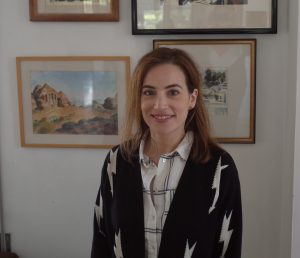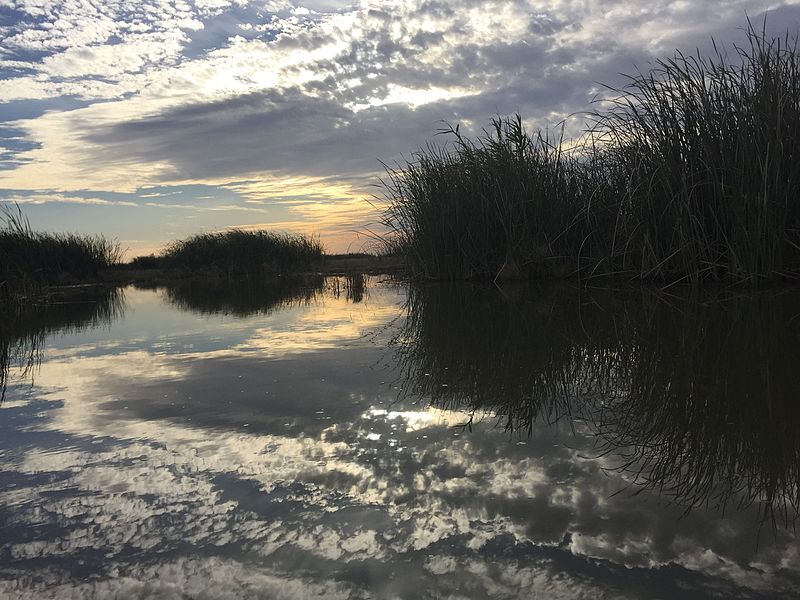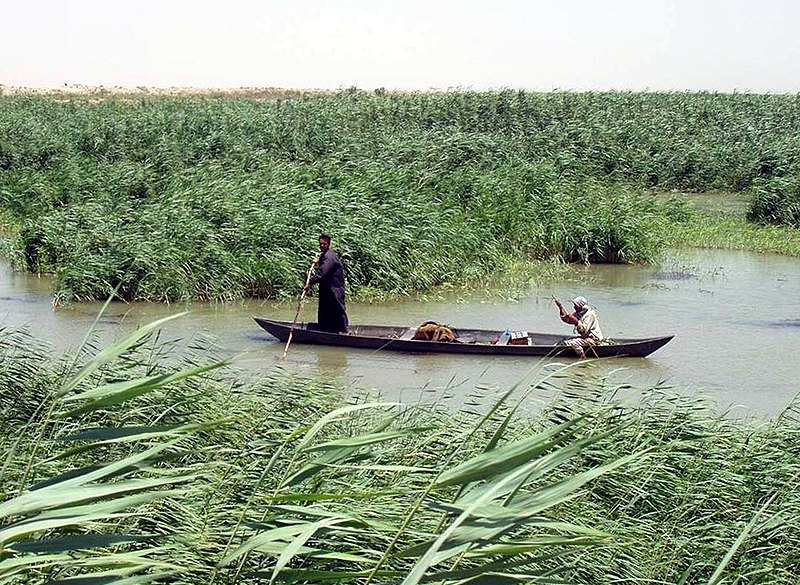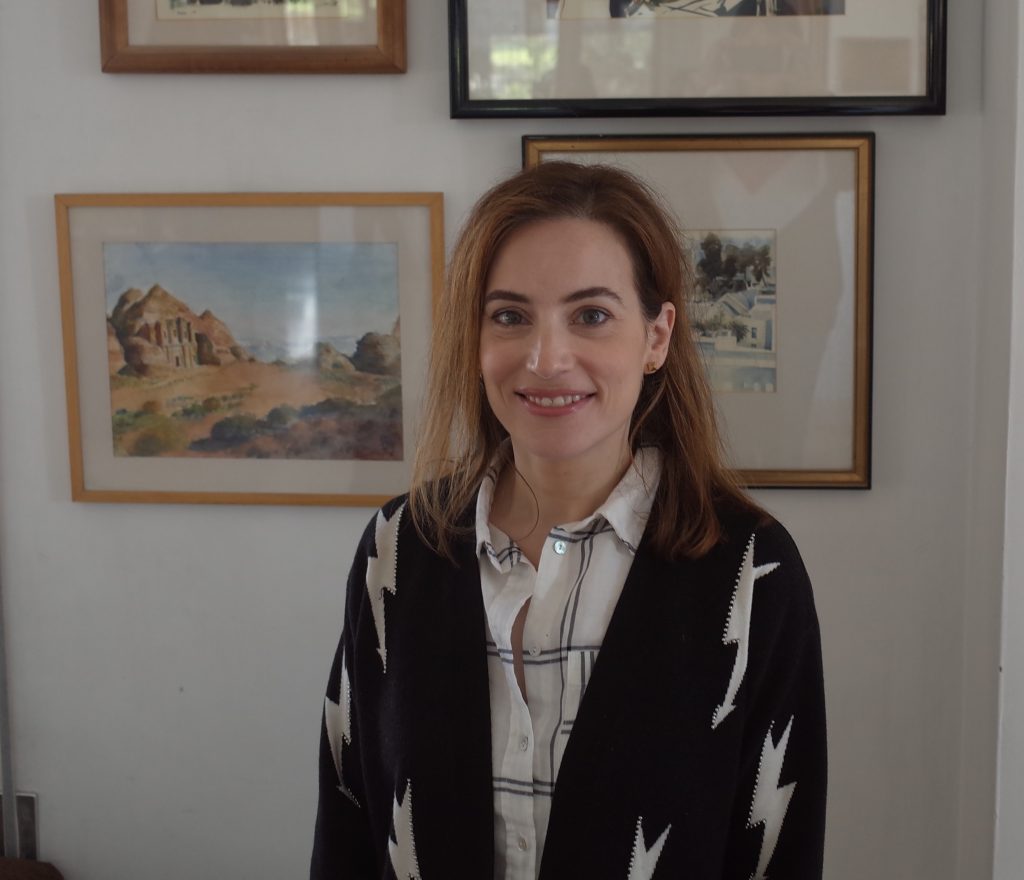
Bridget Guarasci is an Assistant Professor of Anthropology at Franklin & Marshall College in Lancaster, Pennsylvania. She is an NEH (National Endowment for the Humanities) Fellow at ACOR for spring 2019. During her fellowship Dr. Guarasci is completing a book manuscript on the wartime restoration of Iraq’s marshes, preliminarily titled Warzone Ecologies: Iraq’s Marshes on the Battlefields of War.

Dr. Guarasci’s book shows how Iraq and the United States commonly recognize the restoration of Iraq’s marshes as the great success of the 2003 war and post-Ba‘th reconstruction. These nations measure the success of marshlands revival against the backdrop of Saddam Hussein’s intervention in the same wetlands. In 1991 Saddam Hussein drained the marshes in retaliation for an uprising that began there and nearly deposed him. Returning Iraqi exiles in partnership with the US government set out to restore the wetlands to be emblematic of the post-Ba‘th Iraq they sought to build. The vast majority of US-initiated Iraq reconstruction projects have failed to meet their goals. What makes the marshes project distinct is that it continues to be recognized as a resounding success, distinguished in July 2016 with UNESCO World Heritage status. Warzone Ecologies explores how the Iraq’s marshes are 21st century state infrastructure that binds war, the environment, and the economy in a Gordian knot of violence and nature.

Dr. Guarasci began her research on marshlands restoration while an ACOR pre-doctoral fellow in 2006. During her current time at ACOR, she will update her work in two principle ways. First, Dr. Guarasci will explore Arabic poems and novels that developed a mythology of the marshes. Mainstream media outlets ranging from the New York Times to the Daily Show with Jon Stewart as well as 60 Minutes have covered the restoration of the marshlands more than 75 times since the 2003 US invasion. They draw upon a British colonial history of the marshes penned by Thesiger and his coterie of travel writers to demonstrate the importance of the wetlands. This has had the effect of defining Iraq’s first national park, and thus its post-Ba‘th national iconography, in imperial terms. There exists, however, a rich literature in Arabic on the marshes, its tribal histories, its glorified past in antiquity when Sumerian civilizations mastered its waterways for irrigation, and its significance to Iraqi communists and revolutionaries fleeing political persecution. By reading Arabic poems and novels, Dr. Guarasci seeks to understand how Iraqi and Arab intellectuals have engaged this critical landscape and to locate understandings of the marshes today in their terms.

Second, Dr. Guarasci will update her research by investigating economic and environmental policies and practices that have developed since the marshlands received World Heritage status. Three of the top five oil fields in the world are located in the wetlands, encapsulated in subterranean reserves in marshlands subsoil. Since the opening of oil prospecting to foreign firms in 2003, multinational oil companies have established a presence in the marshes where they have begun to redevelop the fields. Dr. Guarasci will investigate potential links between international advisors on the marshes project to these oil companies in order to understand how the environmental rehabilitation of the marshes may have created pathways to natural resource extraction within the same geological field.

Dr. Guarasci earned her Ph.D. in Anthropology at the University of Michigan, Ann Arbor. She has an M.A. in Social Sciences from the University of Chicago and a B.A. from Drew University in Women’s Studies and African Studies. Her work has been published by the International Journal of Middle East Studies, Brown University’s Costs of War Project, Arab Studies Journal, and the Cultural Anthropology blog. She has been awarded fellowships from the Social Science Research Council, the American Council of Learned Societies, and The American Academic Research Institute in Iraq.

